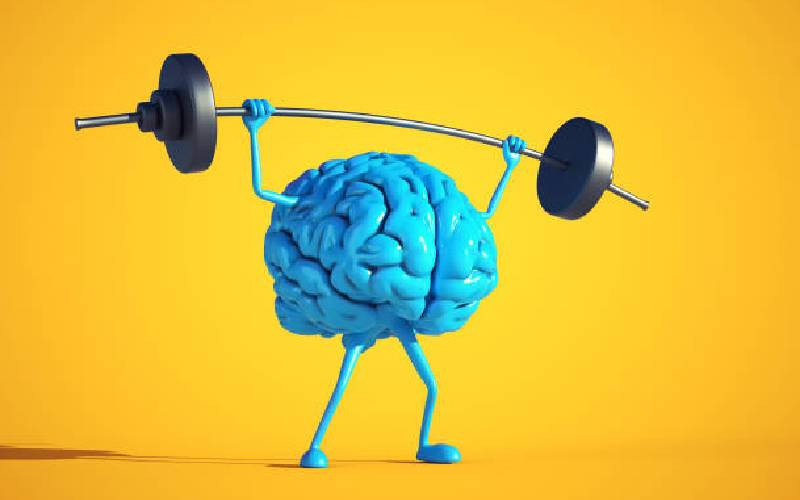×
The Standard e-Paper
Kenya’s Boldest Voice

An estimated 684,000 fatal falls occur globally each year, making it the second leading cause of unintentional injury death, after road traffic injuries.
According to the report by the World Health Organisation (WHO), in all regions of the world, death rates by falling are highest among adults over the age of 60 years.